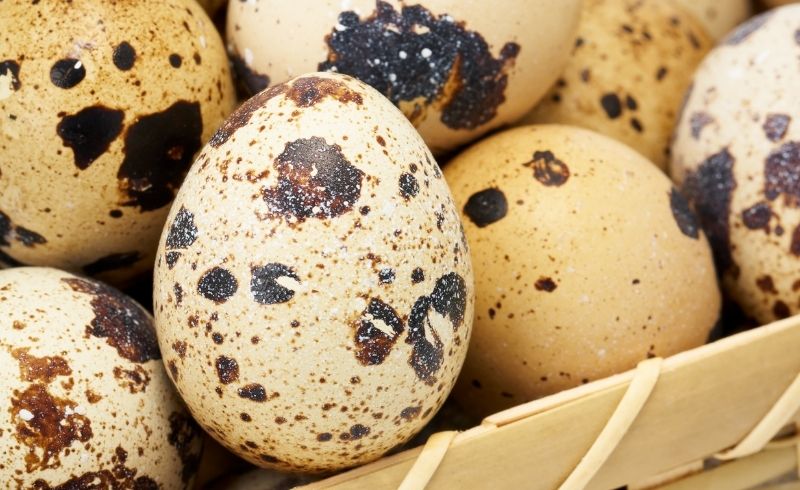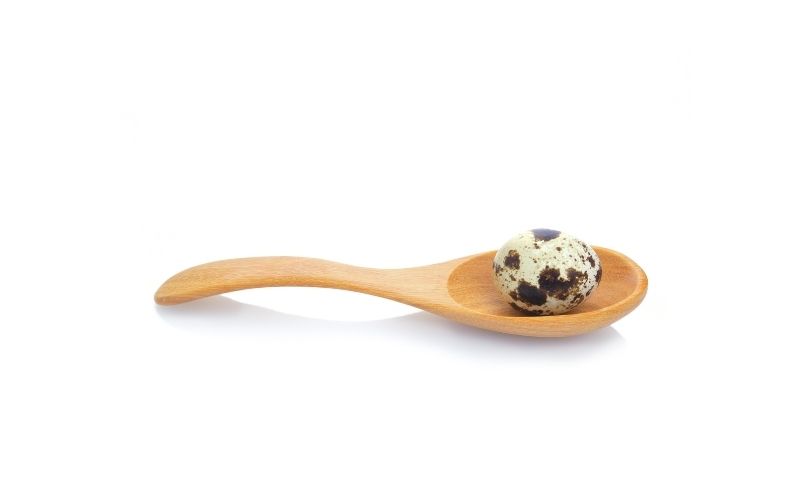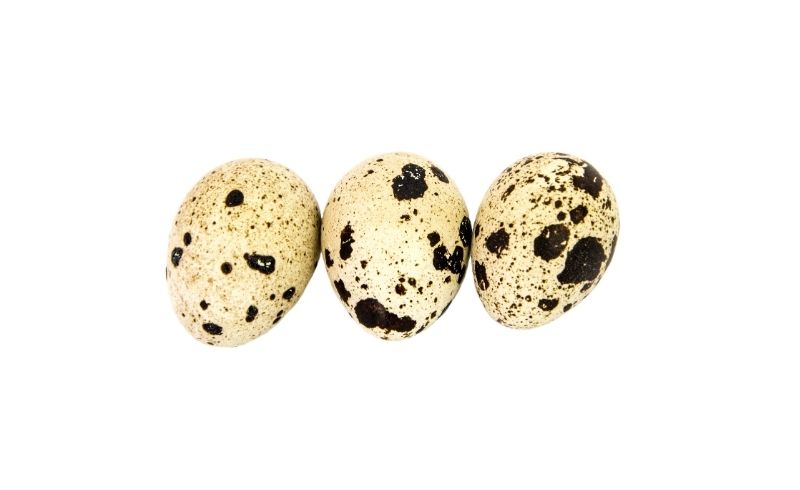Scientific Research & Studies on Quail Eggs: Unveiling Their Nutritional Power
Comprehensive Nutritional Profile of Quail Eggs
Quail eggs are celebrated for their dense nutrient composition, offering a rich array of vitamins, minerals, and proteins. Despite their small size, they pack a significant nutritional punch, making them a valuable addition to various diets. Scientific studies have examined their impact on immune function, cardiovascular health, digestive wellness, and metabolic efficiency.

Nutritional Highlights:
- Protein Content: Approximately 13 grams of protein per 100 grams, providing all essential amino acids necessary for bodily functions (Nutrition Advance).
- Vitamins: Rich in vitamin B12, riboflavin (B2), and vitamin A, supporting energy production, vision, and immune health (Healthline).
- Minerals: Contains notable amounts of iron, phosphorus, and selenium, essential for oxygen transport, bone health, and antioxidant defense (MedicineNet).
Health Benefits Supported by Scientific Research
- Antioxidant Properties & Cellular Protection
Quail eggs contain high levels of antioxidants, including vitamins A, E, and selenium, which help combat oxidative stress. Antioxidants are critical in preventing cell damage, reducing inflammation, and lowering the risk of chronic diseases like heart disease and diabetes (Healthline).
- Immune System Enhancement
Research suggests that quail eggs contain ovomucoid proteins, which have been linked to immune system regulation and anti-inflammatory effects. Studies indicate that these compounds may help individuals suffering from seasonal allergies and autoimmune disorders (Organic Facts).
- Heart Health & Cholesterol Balance
Despite their cholesterol content, quail eggs contain beneficial fatty acids that help maintain a healthy HDL-to-LDL cholesterol ratio. Some studies suggest that quail eggs can support cardiovascular health by improving blood circulation and reducing blood pressure levels (American Heart Journal).
- Anti-Allergic Effects
Some studies suggest that quail eggs possess natural antihistamine properties, which can help individuals who suffer from respiratory allergies, asthma, and skin conditions. The bioactive compounds in quail eggs may help reduce inflammation and allergic responses (CureJoy).
- Metabolic and Digestive Benefits
The nutrient composition of quail eggs supports metabolic efficiency and may aid digestion by improving gut flora balance. The presence of digestive enzymes and healthy fats contributes to better absorption of nutrients and can assist those suffering from gastric ulcers or digestive inflammation (MedicineNet).
Experts We Work With
We collaborate with leading nutritionists, veterinarians, medical researchers, and food scientists to validate and share the latest research on quail egg nutrition. Their expertise helps us provide science-backed dietary recommendations for health-conscious consumers, athletes, and medical professionals.
References & Citations


